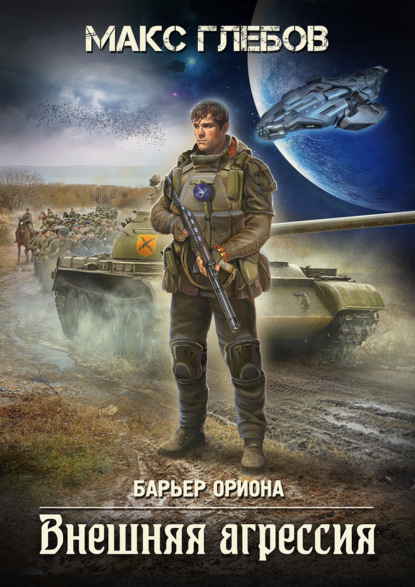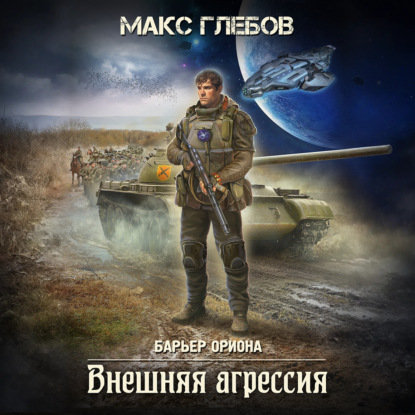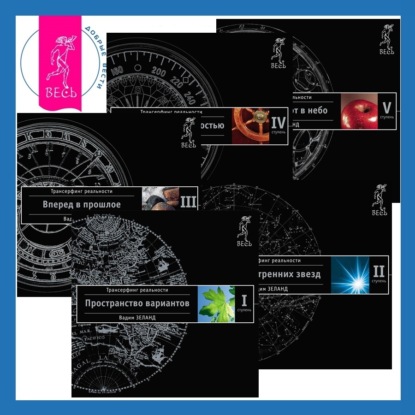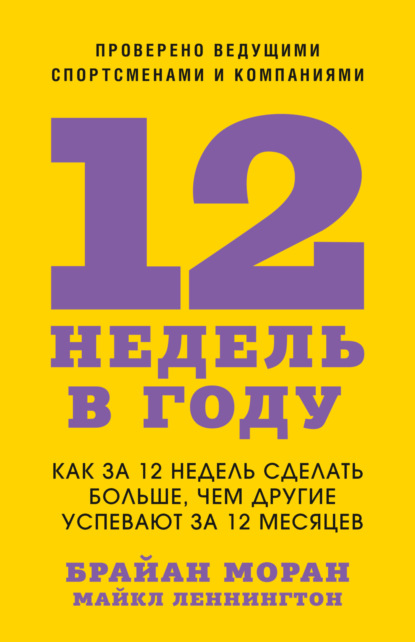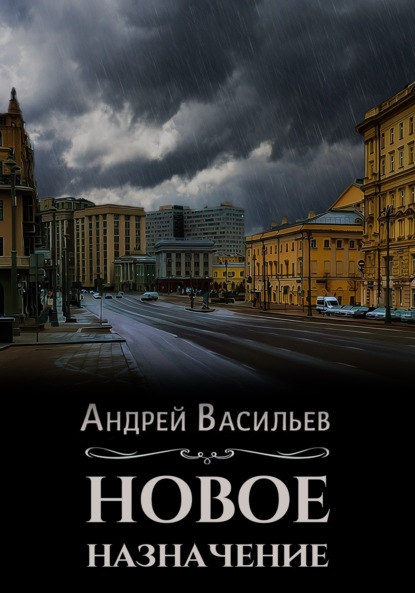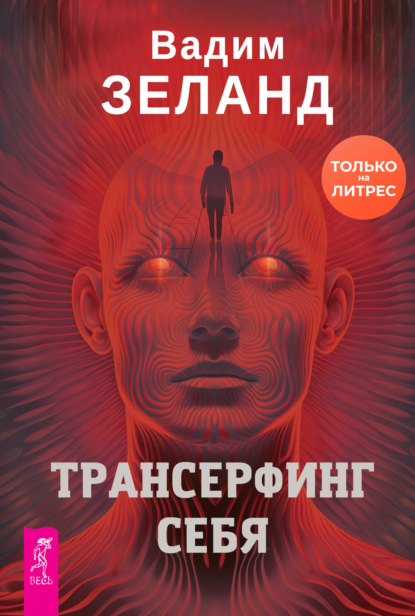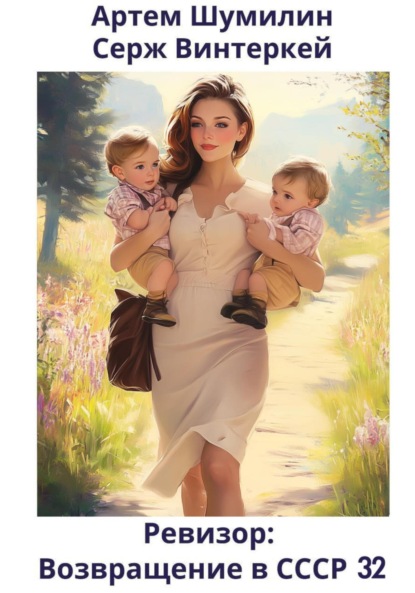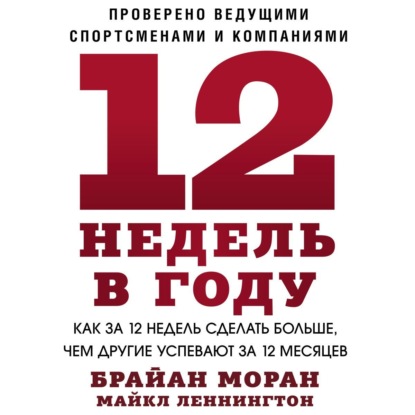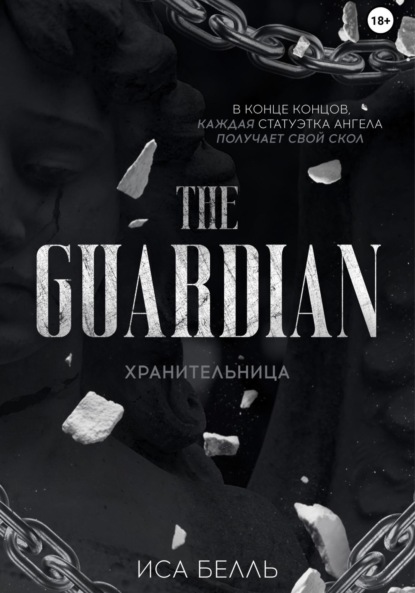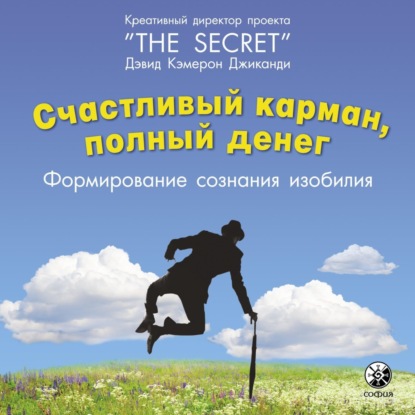Educational theory is necessarily concerned with what it means to become human, "becoming" implying a process of growth and change. In general, philosophy of education has tended to view childhood (defined as the period during which one is being educated) as preparation for a settled period as adult citizen, during which one"s human nature is given its full expression. Traditionally, then, first we become human, then we are (fully) human. However, when we speak of ourselves as human, we do so in these two senses: as a present species marker, and as a regulative ideal. Most literature focuses on the former sense; the present argument will focus on the latter. What, therefore, should be the grounds for a theory of the individual in society and the world that can best underpin approaches to social policy and education on the assumption that the human animal is always aspiring to fully human status that can never be attained? Central to the argument are the acknowledgment of the human as an open system and the concomitant acceptance of overlapping phenomenal worlds, whereby experience is shared but never exactly duplicated between sentient beings. Это и многое другое вы найдете в книге Be(com)ing Human
Be(com)ing Human (книга)
Подробная информация о книге «Be(com)ing Human ». Сайт не предоставляет возможности читать онлайн или скачать бесплатно книгу «Be(com)ing Human »


